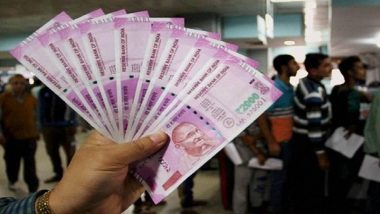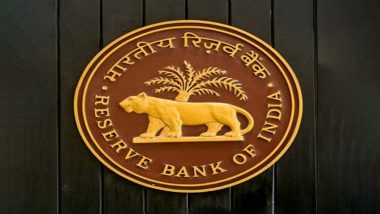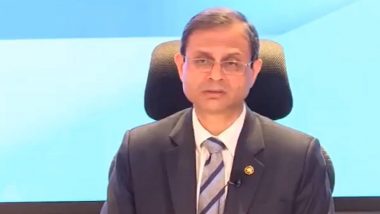New Delhi, March 26: The central government in consultation with the Reserve Bank of India (RBI) on Monday deliberated over its borrowing programme for 2018-19 and finalised its borrowing calendar for the first half of 2018-19 (April-September).
After making a careful assessment of its financial needs for the first half, the government's gross G-Sec borrowing will be only Rs. 2,88,000 crore in H1 of 2018-19, the Ministry of Finance said. This makes up only 47.5 percent as against 60-65 percent share in this period in previous years.
"We expect large flow of funds in National Small Savings Fund. Rs. 75,000 crore were to be used for funding fiscal deficit. Now we've decided that instead of Rs. 75,000 cr, we will raise it to Rs. 1 lakh crore. We are planning gross borrowing of Rs. 2.88 lakh crore in first half of 2018-19," Secretary, Department of Economic Affairs, Subhash Chandra Garg told reporters.
The government had budgeted for 2018 - 19 Gross G-Sec borrowing of Rs. 6,05,539 crore. It intends to use larger inflows from small savings schemes to fund its fiscal deficit during the year. Further, the government will borrow Rs. 1,00,000 crore from National Small Savings Fund (NSSF) as against the budgeted amount of Rs. 75,000 crore.
The government also plans to issue more Floating Rate Bonds (FRBs) and introduce Consumer Price Index (CPI) linked bonds, both put together, to the extent of 10 percent of issuances during the year.
The government will introduce two benchmarks during this half year - two-year and five-year, to meet the market demand. More issuance will be planned in short and long-term maturity bucket, reducing the issuance in medium term segments of 10-14 years to around 29 percent, as against more than 50 percent issuances in previous years.
The share of issuances under different maturities bucket will be as follows:
1 - 4 years: 8.3 percent
5 - 9 years: 25 percent
10 - 14 years: 29.2 percent
15 - 19 years: 14.6 percent
More than 20 years: 22.9 percent
The government's T Bill programme for the first quarter is to raise Rs. 1,95,000 crore.
During this period, T Bills of Rs. 1,53,000 crore will expire.
The gross borrowing per week under T-Bills will be Rs. 15,000 crores.













 Quickly
Quickly



















